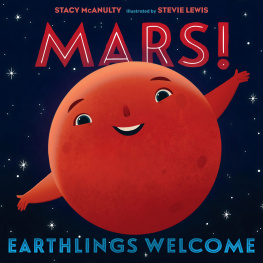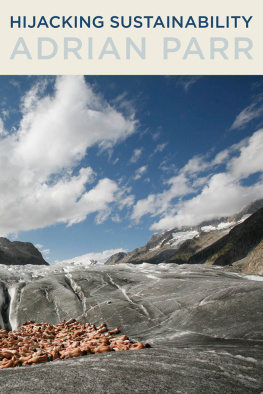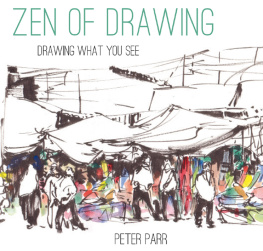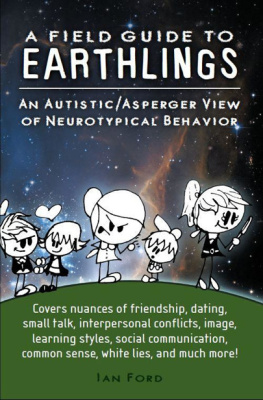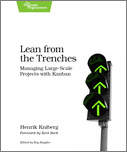Adrian Parr - Earthlings: Imaginative Encounters With the Natural World
Here you can read online Adrian Parr - Earthlings: Imaginative Encounters With the Natural World full text of the book (entire story) in english for free. Download pdf and epub, get meaning, cover and reviews about this ebook. year: 2022, publisher: ColumbiaUP, genre: Non-fiction. Description of the work, (preface) as well as reviews are available. Best literature library LitArk.com created for fans of good reading and offers a wide selection of genres:
Romance novel
Science fiction
Adventure
Detective
Science
History
Home and family
Prose
Art
Politics
Computer
Non-fiction
Religion
Business
Children
Humor
Choose a favorite category and find really read worthwhile books. Enjoy immersion in the world of imagination, feel the emotions of the characters or learn something new for yourself, make an fascinating discovery.

- Book:Earthlings: Imaginative Encounters With the Natural World
- Author:
- Publisher:ColumbiaUP
- Genre:
- Year:2022
- Rating:3 / 5
- Favourites:Add to favourites
- Your mark:
- 60
- 1
- 2
- 3
- 4
- 5
Earthlings: Imaginative Encounters With the Natural World: summary, description and annotation
We offer to read an annotation, description, summary or preface (depends on what the author of the book "Earthlings: Imaginative Encounters With the Natural World" wrote himself). If you haven't found the necessary information about the book — write in the comments, we will try to find it.
Adrian Parr: author's other books
Who wrote Earthlings: Imaginative Encounters With the Natural World? Find out the surname, the name of the author of the book and a list of all author's works by series.
Earthlings: Imaginative Encounters With the Natural World — read online for free the complete book (whole text) full work
Below is the text of the book, divided by pages. System saving the place of the last page read, allows you to conveniently read the book "Earthlings: Imaginative Encounters With the Natural World" online for free, without having to search again every time where you left off. Put a bookmark, and you can go to the page where you finished reading at any time.
Font size:
Interval:
Bookmark:
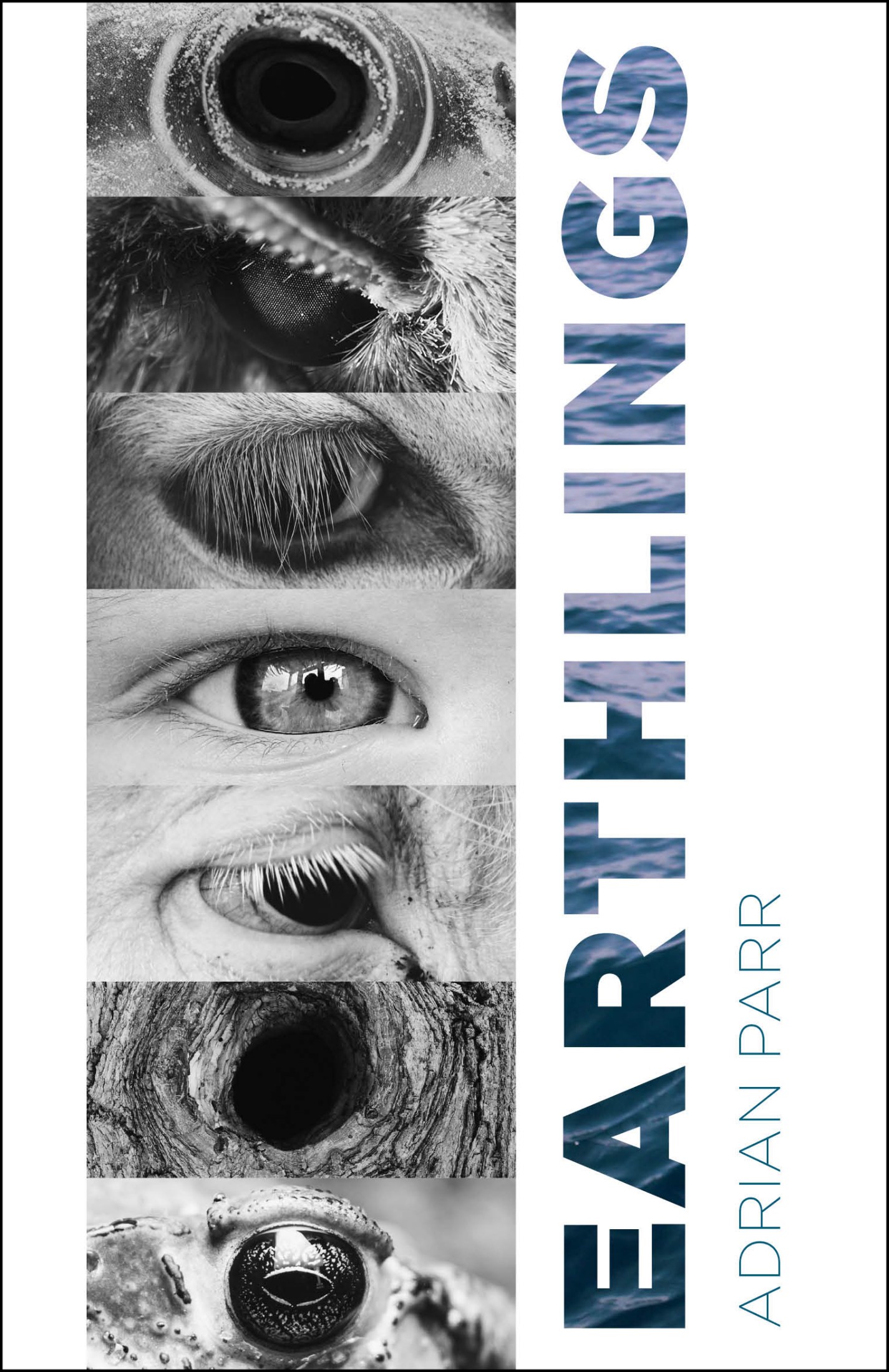
IMAGINATIVE ENCOUNTERS WITH THE NATURAL WORLD
Adrian Parr

Columbia University Press
New York

Columbia University Press
Publishers Since 1893
New York Chichester, West Sussex
cup.columbia.edu
Copyright 2022 Columbia University Press
All rights reserved
E-ISBN 978-0-231-55602-6
Library of Congress Cataloging-in-Publication Data
Names: Parr, Adrian, author.
Title: Earthlings : imaginative encounters with the natural world / Adrian Parr.
Description: New York : Columbia University Press, 2022. | Includes bibliographical references and index.
Identifiers: LCCN 2021048071 (print) | LCCN 2021048072 (ebook) | ISBN 9780231205481 (hardback) | ISBN 9780231205498 (trade paperback)
Subjects: LCSH: Natural history. | Environmentalism. | NatureEffect of human beings on. | Biosphere.
Classification: LCC QH81 .P37 2022 (print) | LCC QH81 (ebook) | DDC 508dc23/eng/20211104
LC record available at https://lccn.loc.gov/2021048071
LC ebook record available at https://lccn.loc.gov/2021048072
A Columbia University Press E-book.
CUP would be pleased to hear about your reading experience with this e-book at .
Cover design: Adrian Parr
Cover images: foxypar4, MaxFaleel, Just Chaos, AMagill, q.phia, L_, topgold, Image Catalog, wildxplorer. All images courtesy of Creative Commons.
To Lucien, Shoshana, and Yehuda
I would like to thank my colleagues Brad Evans, Jana Braziel, Creston Davis, and Santiago Zabala for their friendship and intellectual generosity.
A very special thank-you goes to my editor at Columbia University Press, Wendy Lochner. I have worked with her for many years and she has transformed philosophy through her sharp, sensitive, and bold editorial acumen.
Morgen Olsen worked tirelessly with me on sourcing the images presented throughout the book. I am immensely grateful for her eye for detail.
I am fortunate to have a spirited and animated constellation of strong, thoughtful, witty, independent women in my life who have provided me with a great deal of unconditional love, support, and encouragement. Thank you. You know who you are.
And finally, Michael Zaretsky, my best friend, partner in life, and my beshert, who from the first day I met him has continued to bring out the best in me.
Whether we are looking at the creative life force that science dissects, isolates, documents, and demonstrates; the wonderful and miraculous that myth and literature illuminate; or the transitory relay of life, death, and decay that philosophy ponders and property law captures, it is in the endlessly rich return of the living and nonliving, of abundance and emptiness, and in the undoing of reason and selfishness, that planet earths disobedience occurs. The earths defiant insubordination in the face of human will, pontification, and domination has confounded, surprised, and inspired amateurs, practitioners, and the proficient alike; it is indifferent to what you or I think, feel, conjecture, or calculate. Yet despite the autonomy of the earth as a self-regulating living system, one group of organisms has managed to dramatically transform this wondrous and enchanting living system in just a little over two hundred yearsa relatively short blip of time in the earths 4.5 billionyear history. The culprit earthling in question? Humans.
The combined activities of many humans stretched across different generations, nations, and creeds have combined to form a singular material force that has come to shape all manner of life on earth. Since the industrial revolution, the pooled efforts of human labor, leadership, ingenuity, and misguided resourcefulness have consolidated into what many call global capitalism, finance capitalism, or neoliberalism. Without entering into a laborious examination of definitional nuances, the nomenclature simply highlights the manner in which the global economic system that human beings have collectively created, and the subsequent weakening of democratic politics and social inequities that this system has produced, is changing the natural cycles of the earth and placing its entire life support system under stress. When we speak of humans fundamentally changing and compromising earths life-giving system, we are referring to the ways in which this collective and cumulative human economic, social, and political system works to capture earths primal growth and reproductive systems and redirect them into an unyielding structure of violence and precariousness waged against trillions of unnamed, unspecified, and unheard beings.
Whether we are speaking of the ongoing slashing and burning of the worlds forests; demolition of marine ecologies; erasure of animal habitats; smothering of the earths organic surface with concrete, chemicals, and trash; pumping greenhouse gases and a horde of other pollutants into the sky; or radically altering the climate system, Homo sapiens, the species to which all humans belong, are basically running riot throughout the worlds oceans, wilderness zones, ecosystems, and atmosphere. At the rate we are going, the complexity of life on earth will be severely diminished. In the absence of radically changing how human communities live and the priorities used to direct the organization of human societies the world over, which mediate our relationship with other-than-human species, human beings will be responsible for eventually creating an earth that is no longer conducive to sustaining a vast majority of current life on earthincluding that of humans themselves. Under these circumstances, the existential question defining the twenty-first century is not whether life on earth will persist but rather in what form it will it exist.
That said, no matter how much human beings change all manner of life on earth, it is inaccurate to emphasize anthropocentric forces of change over ecocentric ones. Indeed, it would be an anthropocentric exaggeration to underestimate earths autonomy in this way. The earth is like a single living organism; its life force is spurred on by the interaction of living and nonliving elements that collectively optimize and sustain the conditions for a complex and enriching abundance of life. This life system is unique to the earth, and it persists regardless of how much Homo sapiens alter the way it functions. Life on earth will continue, and even recuperate, in spite of the ecological damage humans have and continue to inflict upon it. Humanity, however, through complete fault of its own, may no longer exist to delight in the bounce back.
It is up to us, as a species, to individually and mutually invoke our ethical sensibilities and to extend our imaginative capacities to rediscover our common place alongside the many species, organisms, cells, and molecules that make up the biomes in which we collectively survive and thrive. This is a call to activate transpeciesist, transgenerational, and transnational thinking, understanding, and practices. A call to a transenvironmentalist undertaking that recognizes and supports the mutual imbrication of the earths life-giving systems in human production, policies, politics, and values. It is nothing short of an invitation to resuscitate our humanity and reinvent how we put it to work.
Font size:
Interval:
Bookmark:
Similar books «Earthlings: Imaginative Encounters With the Natural World»
Look at similar books to Earthlings: Imaginative Encounters With the Natural World. We have selected literature similar in name and meaning in the hope of providing readers with more options to find new, interesting, not yet read works.
Discussion, reviews of the book Earthlings: Imaginative Encounters With the Natural World and just readers' own opinions. Leave your comments, write what you think about the work, its meaning or the main characters. Specify what exactly you liked and what you didn't like, and why you think so.




